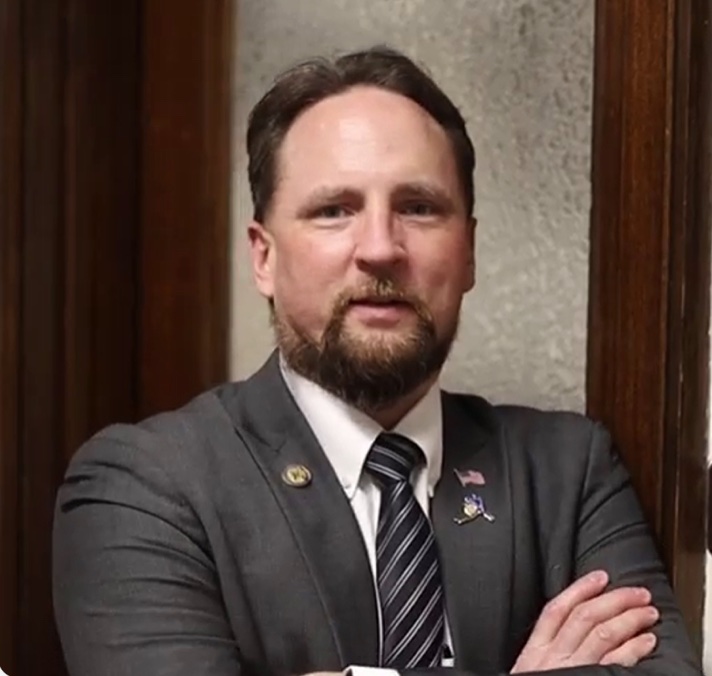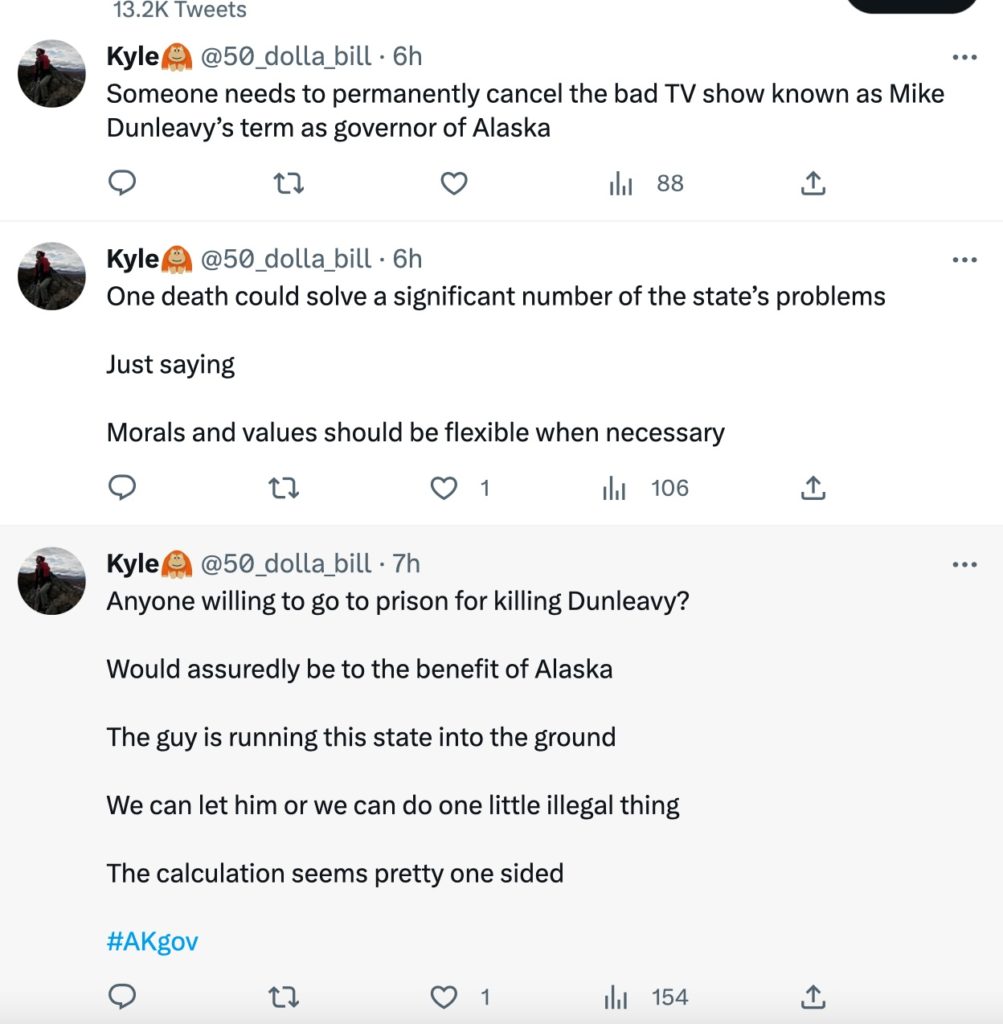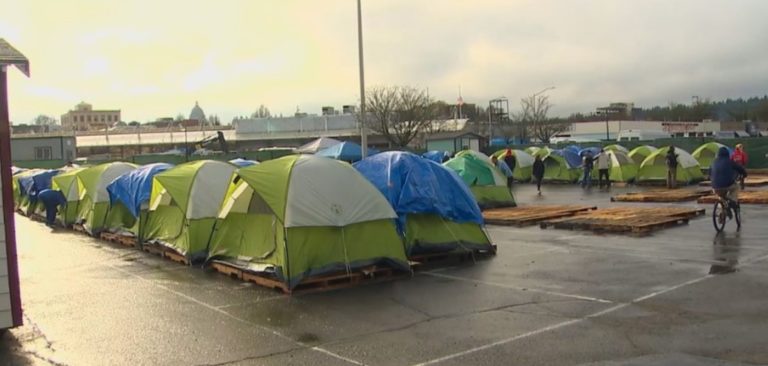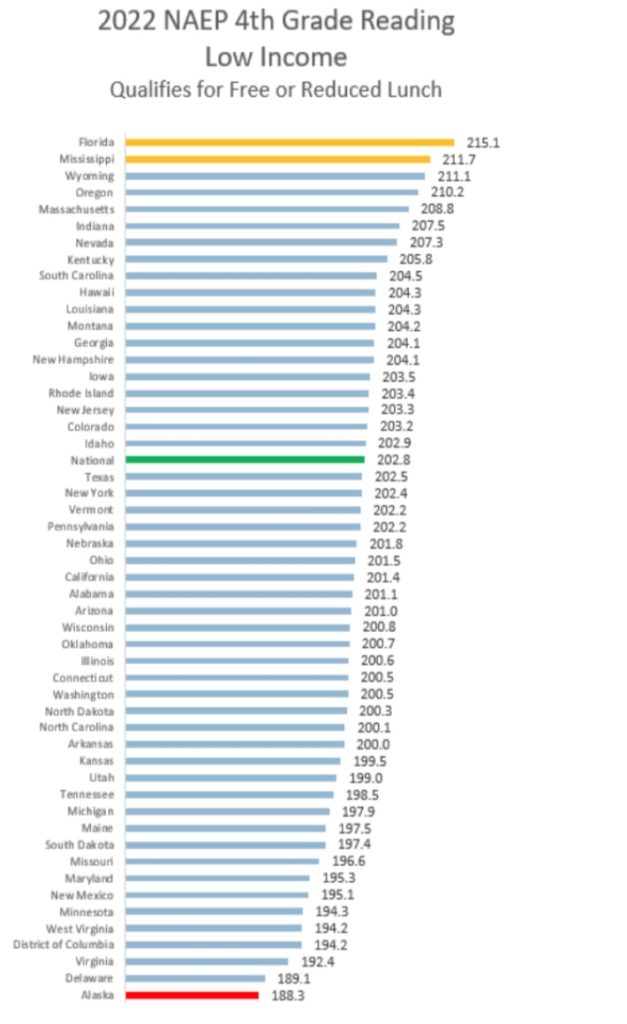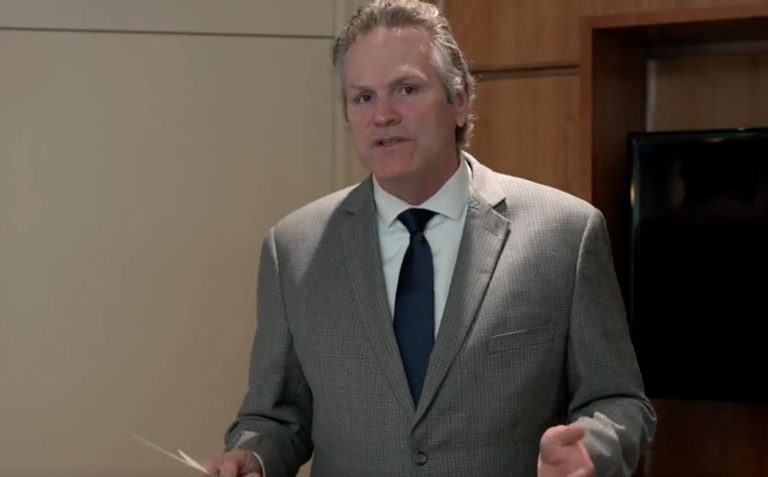By REP. BEN CARPENTER
Yesterday, the governor announced the vetoes he made to the FY24 budget. The governor’s vetoes amount to a substantial $202 million in reductions, including $145 million from the operating budget and $57 million vetoed from the capital budget.
With amendments on the first and final day of the special session, the Legislature had appropriated a total of $6.2 billion Unrestricted General Funds for FY24, including operating and capital appropriations.
The FY24 budget as passed by the Legislature included a 6.5% increase ($262 million) in agency operations over the FY23 budget, including supplemental budgets. Considering agency operations is most of the state bureaucracy, the governor’s vetoes reduced the FY24 state bureaucracy growth from 6.5% to 3.5% more than the FY23 budget.
In other words, the vetoes amount to a 3.5% reduction in agency operations from what the Legislature appropriated, and allow a 3.5% increase over last year’s agency operations.
I’m thankful for the governor’s reductions in agency operations. However, focusing on the dollar amount of vetoes, or what programs were vetoed, or even which districts are impacted by the vetoed funds is to miss an opportunity to see the bigger picture. FY24 agency operations are 11% greater than they were in 2019.
The cost of our state bureaucracy continues to grow, and that growth is fueled by Permanent Fund earnings.
The Permanent Fund dividend in the FY24 budget was reduced by $881.5 million to pay for state government. In other words, a portion of $881.5 million won’t be spent on small business in Alaska in FY24. The growth in the cost of bureaucracy also comes at the cost of reduced capital budgets and a delay or complete rejection of capital projects that would enable private sector economic growth.
At this rate, it is only a matter of time before our private sector economy will cease to directly benefit from the Permanent Fund because our state bureaucracy will consume all Permanent Fund earnings. Who will pay for government growth then?
Meanwhile, our private sector economy has been in decline since oil prices dropped precipitously in 2014-2016. Eleven percent growth in agency operations has hurt, rather than helped, Alaska’s economy.
Our state government spends much more per capita than most other states, but when national rankings of performance metrics in key social and economic areas are released, we often come close to the bottom, if not dead last. Poor performance and wasteful spending go hand in hand. Alaskans, their businesses, and our investment earnings are paying for costly state bureaucracy that is underperforming. Our state bureaucracy’s results do not justify the cost, nor the increase in spending over the past five years.
Our roads and ferries aren’t 11% better maintained than they were five years ago. Our students aren’t performing 11% better now that their Permanent Fund dividends are paying for their school district expenses. Families aren’t better off because they are dependent on government funded childcare.
For many Alaskans not dependent on state government spending, hope is short-lived. Alaskans who have the means are leaving Alaska in greater numbers than people who are arriving. More state government isn’t going to halt our outward migration or economic decline.
The annual budget fight isn’t going to solve our socioeconomic problems. Private sector economic growth and better management of state government will.
We must lead our state government through a period of innovation and improved management. Doing so will provide productive alternatives designed to improve the annual nearsighted budget fight; alternatives focused on improving communication and performance. Better management will benefit the bottom line. Our government needs to get good at and habitually perform the common management practice of measuring results and comparing those results to stated objectives. The Legislature is statutorily required (AS 37.07.014) to promote results-based government, but it is not doing so.
Two bills currently under discussion in the legislature will help improve the management of our state government.
HB190, introduced this past session in the House Ways and Means Committee, creates an independent review of state operations under the auspices of the lieutenant governor. The Sunset Review Commission will be made up of appointed Alaskans and has teeth to ensure compliance. The commission will have investigative powers and the authority to propose policy, management, and financial reforms to state departments and the legislature that must be acted upon, otherwise the entities will be sunset. The legislation is modeled after the successful Texas Sunset Commission that has been in existence since 1977 and has saved over a billion dollars in state and federal funds.
HB194, also introduced this past session in the House Ways and Means Committee, improves our existing management statutes. This measure will help the government hold itself accountable through quality control measures, systematic performance reviews, and required planning for improvement. HB194 will also improve communication between the legislature and the executive branch by implementing planning conferences on important functions tied to state spending decisions.
We won’t get better without better management.
By following our own management statutes and by gleaning the most beneficial practices from other states, we can improve our state government. By implementing HB190 & HB194, and a long-term fiscal plan, the legislature, the governor, and the lieutenant governor can lead our state through a period of improvement that includes better management of state government and better socioeconomic outcomes for all Alaskans.
I call on the Legislature and the governor to meet in special session this year specifically to address a long- term fiscal plan that prioritizes economic growth for all Alaskans. We need all hands-on deck to right this ship!
Ben Carpenter is a state representative for the northern Kenai Peninsula. He is the chairman of House Ways & Means and Legislative Budget & Audit Committees.

